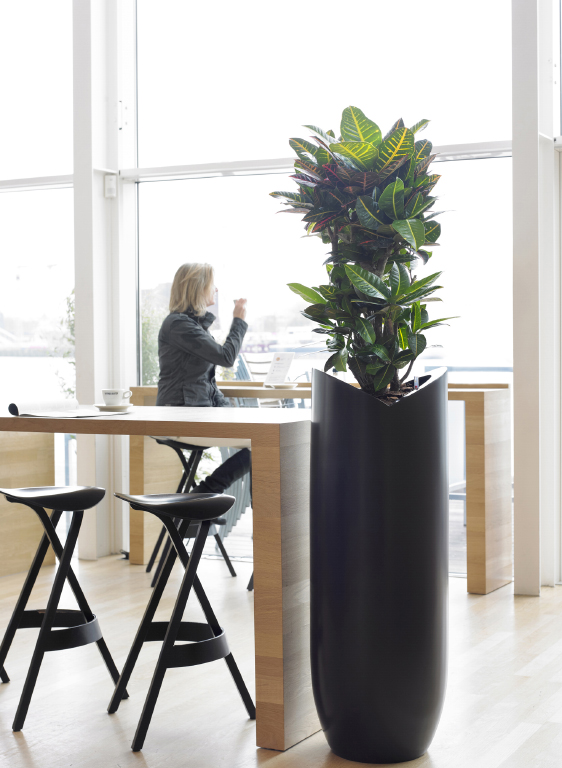
Air may sound like a rather lazy and, frankly, disappointing gift to give at Christmas, but air quality is the invisible issue of our time, and we would all feel and function better if our air was cleaner.
Studies show that air pollution is a growing problem in the UK, and this in turn has serious effects on our long-term health.
Outdoor air pollution, particularly from vehicle fumes, can be a serious issue in built-up environments, but our indoor air is also often not as healthy as we think it is, either.
While much of the focus is on outdoor air pollution, there are a range of common pollutants in our indoor environments which can harm our health, especially our lungs and hearts.
Pollutants such as nitrogen dioxide, carbon monoxide, particulate matter (tiny solid or liquid airborne particles), allergens and volatile organic compounds can all be found around the home and workplace. All have been found to affect our respiratory systems, the clotting properties of our blood, asthma and even brain and central nervous system functions.
While these symptoms depend on the pollutants and are particularly serious for people with existing health issues, there is a strong argument for finding ways to make our indoor air cleaner and fresher for the benefit of us all.
This would ensure not only better health but also stronger energy levels and a general sense of wellbeing.
Growing solutions
Research into the ill effects of poor indoor air quality and how to improve our indoor air is ongoing, but there are some simple tips we can all adopt to help us breathe better air:
- Open your windows – even if it’s just for 15 minutes a day, opening some windows around the house or office with allow fresher air to circulate. Doing this when cooking or drying clothes indoors is especially helpful.
- Look out for condensation – keep windows wiped down, wash away any mould you find on walls or window frames and again, open windows when possible.
- Avoid using cleaning products, paints and air fresheners which have high levels of toxic substances, such as formaldehyde.
- Bring life to the room with plants – live plants are nature’s solution to poor indoor air quality.
This last tip is, of course, our favourite. For years we have been showing people how just a few live plants can significantly improve indoor air in a number of ways.
House and office plants can:
- Remove toxins such as VOCs from the air
- Improve humidity levels
- Release more oxygen into the room while at the same time remove carbon dioxide
- Remove dust particles and airborne microbes, such as mould spores and bacteria from the air
Many of us shy away from having indoor plants for fear of failing to look after them properly, but there are house and office plants for almost all environments and many can thrive with only the minimum of attention.
So, as our Christmas gift to you, today, on the 1 December, we are starting an advent calendar of indoor plants for cleaner air. Each working day, we will post on our social media channels a picture and description of a great plant for improving your indoor air quality.
We hope you will find a plant to suit you and get inspired to breathe new life into your home or workplace.
To discover more about air quality, try these links:
https://www.cleanairday.org.uk/references
https://www.blf.org.uk/support-for-you/your-home-and-your-lungs/improving-air-quality
https://www.parliament.uk/documents/post/postpn366_indoor_air_quality.pdf
To learn more about the many ways plants are good for us, take a look at our Benefits of Plants page.